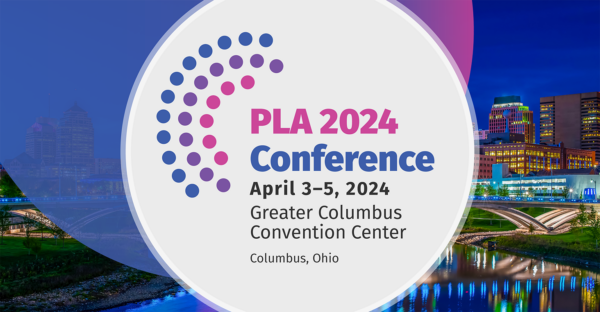
Registration and Housing are Now Open for PLA 2024 Conference
Today, the Public Library Association (PLA) announced that registration and housing are officially open for the PLA 2024 Conference. The conference will take […]

Today, the Public Library Association (PLA) announced that registration and housing are officially open for the PLA 2024 Conference. The conference will take […]